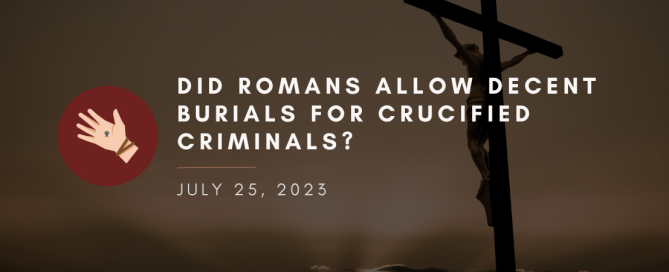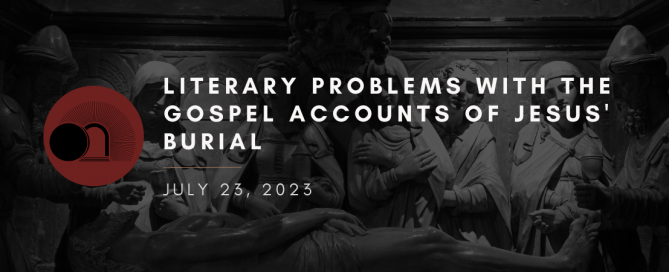Creating the Qu’ran: Where Did the Scripture of Islam Really Come From? Guest post by Stephen Shoemaker
Here now is the third and final post on the Qur'an by scholar of Early Islam and Ancient Christianity Stephen Shoemaker, Professor at the University of Oregon. Stephen is an internationally-known scholar and his first two posts are highly informed and have been controversial among some of our blog members--as one would expect for someone whose research leads to conclusions different from what everyone has always said and assumed to be true! In this post he addresses the question many of us have long had: when was the Qur'an actually produced and could the traditions it contains have been changed over the years before it was written? ****************************** Creating the Qur’an: The Formation of the Last Ancient Scripture Hi again. Welcome to my final post, and I’d like to thank Bart for the opportunity to engage this lively forum and also all of its members for reading and considering my thoughts. In my two previous posts, you will recall, I noted some significant problems with prevailing understandings of how the Qur’an as [...]



